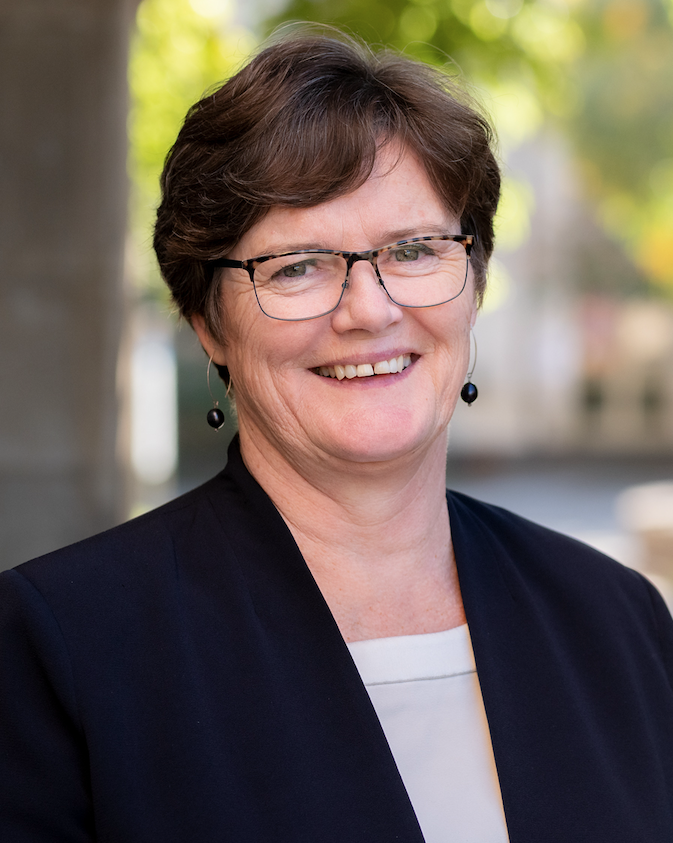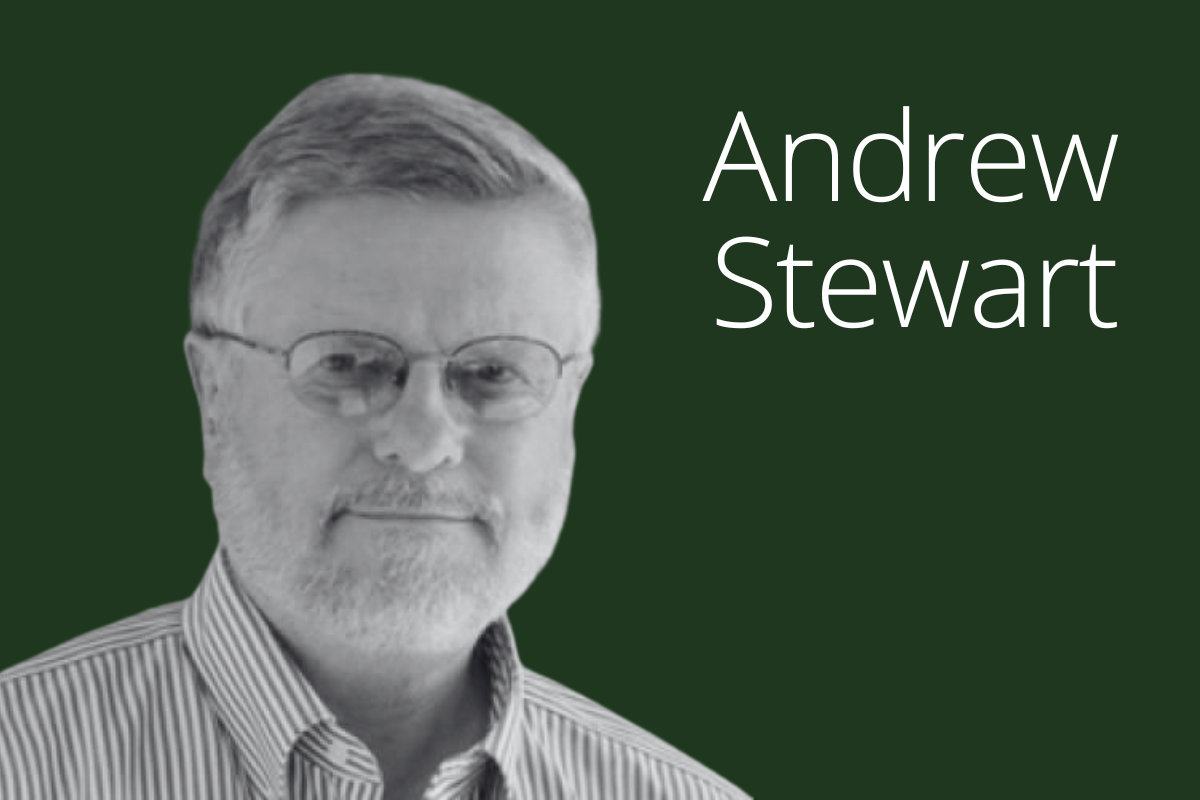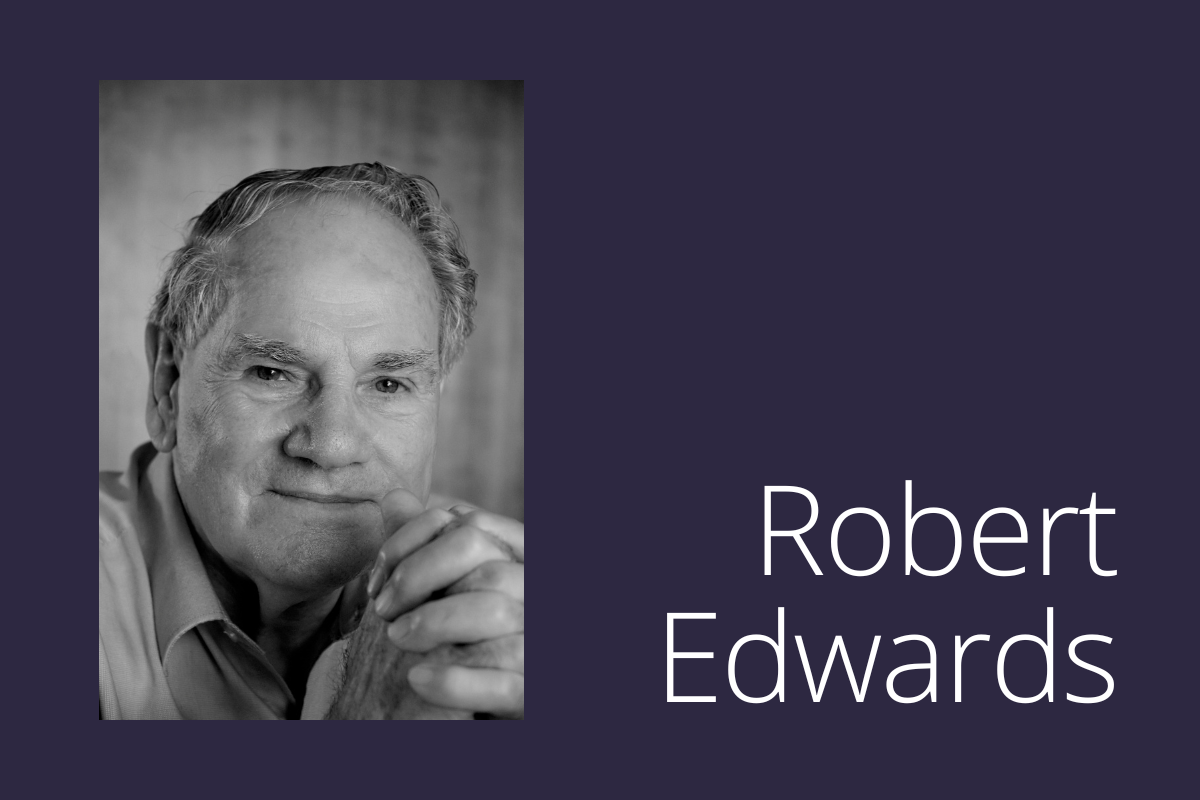Speakers

Professor Lesley Head
Lesley was elected to Fellowship in the Academy in 2004, taking up the role of President in November 2020.
Professor Head is currently Redmond Barry Distinguished Professor Emeritus at the University of Melbourne. She has contributed to international debates about relationships between society and nature and her most recent research has been on the cultural dimensions of environmental issues including climate change.
She held an ARC Australian Laureate Fellowship at the University of Wollongong from 2009-14 where she was Director of the Australian Centre for Cultural Environmental Research. She was King Carl XVI Visiting Professor in Environmental Science in Sweden from 2005-06 and was awarded the Vega Medal of the Swedish Society for Anthropology and Geography in 2015.
Twitter: @ProfLesleyHead

Dr. Duncan Keenan-Jones
Duncan is Lecturer in Ancient History at the University of Queensland. His research focuses on the relationship between environment, technology and society in the past, especially in the ancient Mediterranean and in Australia, as well as how these can help us manage this relationship today. He has current projects on the climate, flooding and water management in ancient Italy and floodplain management in Australia’s channel country, as well as how Roman mortar developed and why it is so durable. He is an affiliate of UQ’s Centre for Policy Futures, having been a fellow there in 2020.
Before taking up the position at UQ, he held postdoctoral positions at the Collegium de Lyon (2017-2018), University of Glasgow (2014 – 2017) and the University of Illinois, Urbana-Champaign (2011-2014). Duncan’s doctoral thesis (Macquarie University, 2011), investigated the creation and social and environmental impacts of a unique, regional water supply network. Before his Masters of Arts in Ancient History (Macquarie, 2006), Duncan completed an honours degree in chemical engineering.
Twitter: @dkeenanj

Professor Rachel Nordlinger
Rachel Nordlinger FAHA is Professor Linguistics and Director of the Research Unit for Indigenous Language at the University of Melbourne, and a CI in the ARC Centre of Excellence for the Dynamics of Language. Her research focusses on the description and documentation of Australian Indigenous languages, and their implications for our understanding of language structure and its use. She has collaborated with many Indigenous communities, especially the Bilinarra, Wambaya, Gudanji, Murrinhpatha and Marri Ngarr communities of the Northern Territory, to record their languages and support their efforts in maintaining and preserving their linguistic and cultural heritage. She co-leads the 50 Words Project (https://50words.online/) which aims to provide community-led recordings of Indigenous languages across Australia to increase public awareness and showcase their diversity.
Twitter: @RachNordlinger

Dr Erin O’Donnell
Erin is a water law and policy specialist, focusing on water markets, environmental flows, and water governance. She has worked in water resource management since 2002, in both the private and public sectors. Erin is recognized internationally for her research into the groundbreaking new field of legal rights for rivers, and the challenges and opportunities these new rights create for protecting the multiple social, cultural and natural values of rivers. Her work is informed by comparative analysis across Australia, New Zealand, the USA, India, Colombia, and Chile. Erin’s latest book, Legal Rights for Rivers: Competition, Collaboration, and Water Governance, is available now from Routledge.
Twitter: @ezzyod

Professor Melissa Nursey-Bray
Melissa is interested in exploring how communities get involved in environmental decision making and what drivers affect this relationship, including conflict, power, knowledge and perception. Her recent work has focused on whether different forms of visual and cultural communications can provoke and shock people into paying attention to their relationship to nature and the need to protect it. Current projects investigate art as engagement and its capacity to raise awareness and support for marine protected areas and in building adaptive responses to climate change. In this context , Melissa has worked with multiple communities, both as an academic but also for Indigenous, port, local, state and Federal governments and conservation organisations. She has over 120 publications, and is currently about to start a Future Fellowship. He project, using, what could be argued to be one of the nation’s largest water systems – the Kath-Thanda Lake Eyre region – as a case study, examines the ways in which different knowledges (Indigenous, scientific, policy) can co-exist and contribute to adapting to climate change and build biodiversity.



